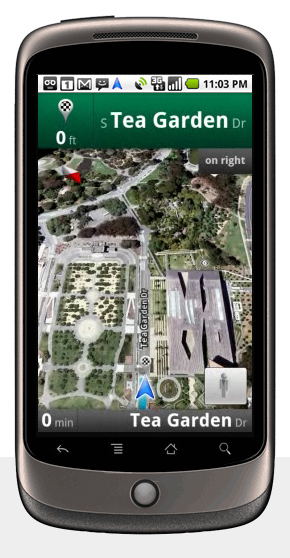Did Google revolutionize mobile phone buying? Nope

Google's launch of the Nexus One tipped the buzz-o-meter and to hear some folks tell it the search giant revolutionized the way we buy mobile devices. Wrong.
On its blog, Google notes it has created "a new way for consumers to purchase a mobile phone through a Google hosted web store."

Dan Frommer at Silicon Alley Insider writes that Google can potentially knock over the wireless carrier business model. The key word there is "potentially."
Apple sells its own phones. Unlocked phones are also sold by Nokia and Palm. What's the big deal? Google is selling an unlocked phone largely for the international markets. In the U.S., the unlocked Nexus One won't work on Verizon, AT&T or Sprint at the moment. In other words, you have T-Mobile or nothing for now. You have carrier choice, but no carrier participation.
The Nexus One is going to come to Verizon, but how unlocked is a phone when Google says:
The currently available Nexus One device is unlocked and will recognize SIM cards from any mobile service provider using the GSM standard, but is incompatible with the frequency band used by the AT&T and Rogers networks for 3G data (see below). Additionally, the Nexus One is incompatible with CDMA networks such as Verizon and Sprint.
Some revolution. I'm stuck with T-Mobile or I can move abroad to really have Nexus One freedom.
Google's wireless store may become something disruptive, but for now it's not much different than Amazon's wireless store. Or say Apple's. Google promised more carriers and more devices to come. So then we have something that looks like Amazon's wireless store. Thanks.
If Google starts delivering applications perhaps its store changes the game. But so far Google's approach is evolutionary at best.
Rafe Needleman at CNet News outlines what a real revolution would look like.
I'd like to see Google take over the monthly billing and let its users switch carriers at will or manage the reselling and switching of bandwidth effectively so users don't know or care which carrier they're on (or none at all--think Wi-Fi and VoIP). Freeing U.S. consumers from the yokes of the carriers would be the real revolution.
Until then the so-called dumb pipe revolution will have to wait.